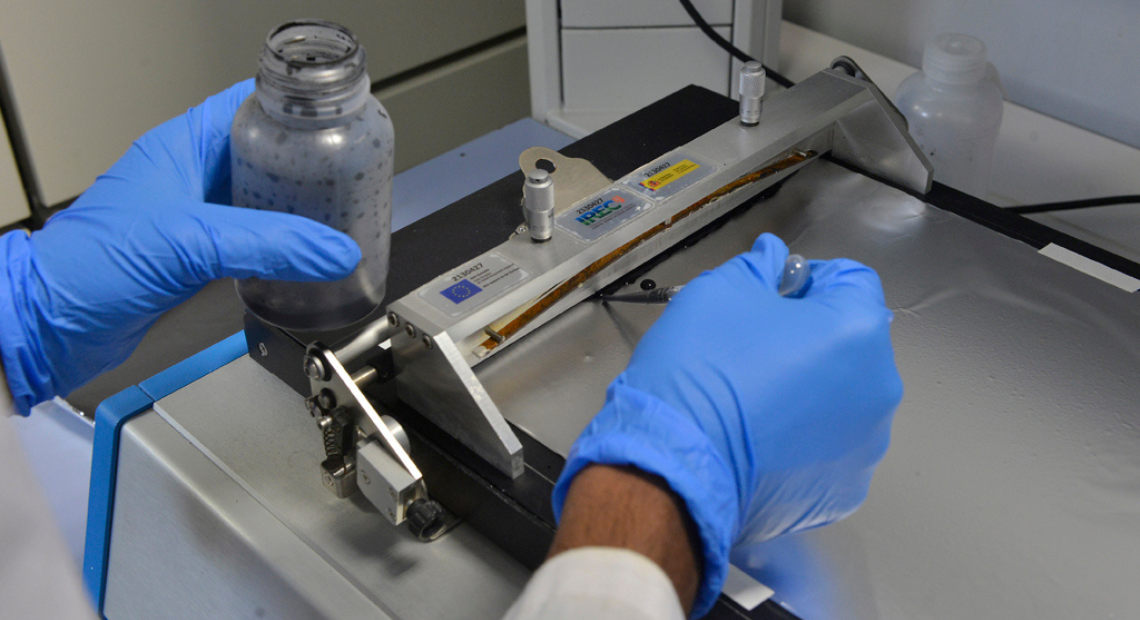FREE4LIB is a Horizon Europe project entitled “Feasible recovery of critical raw materials through a new circular ecosystem for a Li-ion battery cross-value chain in Europe” whose main goal is to develop innovative recycling solutions for End-of-Life Li-ion batteries.
The kick-off meeting of FREE4LIB is held in Valladolid today September 21st 2022 and tomorrow.
The environmental impacts results from the linear ‘take, make, dispose’ and dominant economic models of our time, traditionally adopted by decision-making of main stakeholders around mobility are changing thank to EV’s irruption, but Lithium-Ion Batteries (LIBs) are not yet green enough to reduce mobility footprint to lowest levels. Thus, recycling has to be developed to achieve higher efficiencies and recovery rates to reintroduce Critical Raw Materials from End-of-Life (EOL) LIBs. Recycling technology is still at the lab-scale due to the complex structure of EOL LIBs. Currently, pyro-metallurgy is the most applied method in the industry. Although this process does not need pre-treatment, its energy wasting, the equipment investment is large and it will cause serious pollution. In response to these problems, many companies have developed hydrometallurgical processes that can recover Li and Al with low energy consumption. However, it requires pre-treatment, leaching, purification and other steps, and it could be a long way. FREE4LIB aims to develop at TRL 5-6 technologies to achieve 6 new sustainable and efficient processes to recycle EOL LIBs (dismantling, pre-treatment and 4 materials recovery processes) delivering innovative recycling solutions to reach highly efficient materials recovery (metal oxides, metals and polymers) improving the supply of secondary resources at EU level. FREE4LIB also will deliver 3 processes aiming at metals and polymers re-using and electrode synthesis for re-manufacturing new LIBs, and it will study options to harness non-reusable elements. It will also deliver a Battery Passport (BP) methodology to improve processes traceability. Besides, 2 Open Platforms will be deployed: BP and Data-driven models for the process’s optimisation. At end, to validate and spread FREE4LIB: new LIBs will be assembled on battery packs and engagement activities with citizens, policymakers and battery stakeholders will be carried out, respectively.
The project, that will run for 48 months, has a total budget over 9M€ and is coordinated by Fundación CARTIF. The consortium, besides IREC, also includes CSIC, Fraunhofer, EURECAT, AVL List, Universität Graz and Watt4ever, among others.
Within FREE4LIB, IREC will contribute to cells manufacturing technologies, namely on electrode coating, developing new coating strategies to enhance the electrochemical performance of recycled materials, and on coin cell manufacturing where the researchers will use recovered redox-active materials and foils to process the electrodes (anode and cathode) and evaluate their performance at half-cell (vs. Li metal) coin cell level. IREC will also work on advanced State of Health (SoH) assessment, by developing a tool determine cells remaining lifetime with as little effort and time as possible, and 2nd life battery assembly. Moreover, LIBs recycle EoL activities will be conducted to compile “Lessons Learnt” as design guidelines in accordance with eco-design principles and further initiatives at EU level, and in line with a Circular Economy perspective. Three different research groups of IREC will take part in FREE4LIB’s activities: Energy Storage, Harvesting and Catalysis (activities led by Dr Jordi Jacas), Power Systems (activities led by Dr Lluis Trilla) and Energy Systems Analytics (activities led by Dr Gabriela Benveniste, Luis Alberto Lopez and Dr Victor Ferreira).
Funded by the European Union. Views and opinions expressed are however those of the author(s) only and do not necessarily reflect those of the European Union or CINEA. Neither the European Union nor the granting authority can be held responsible for them.




